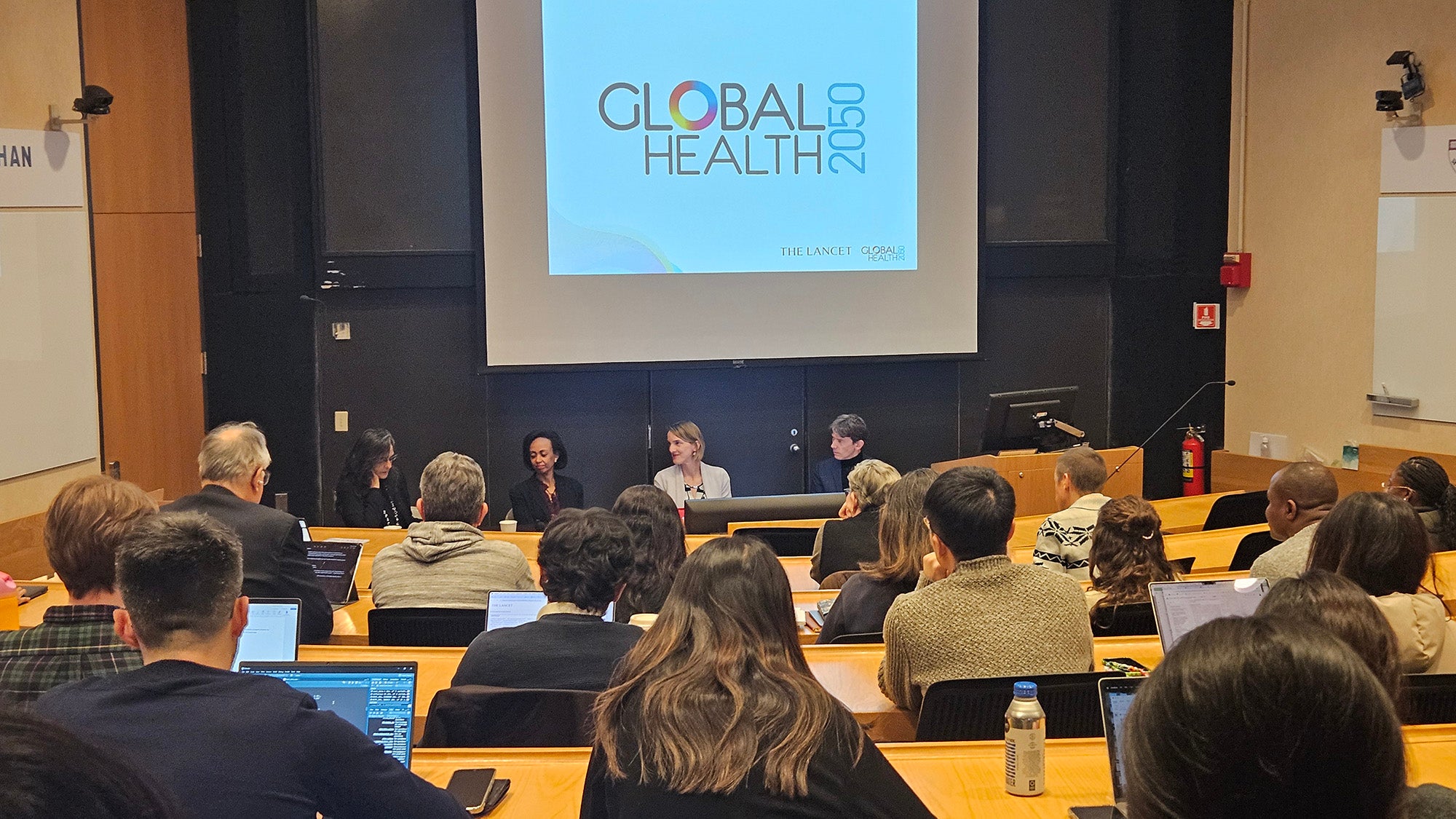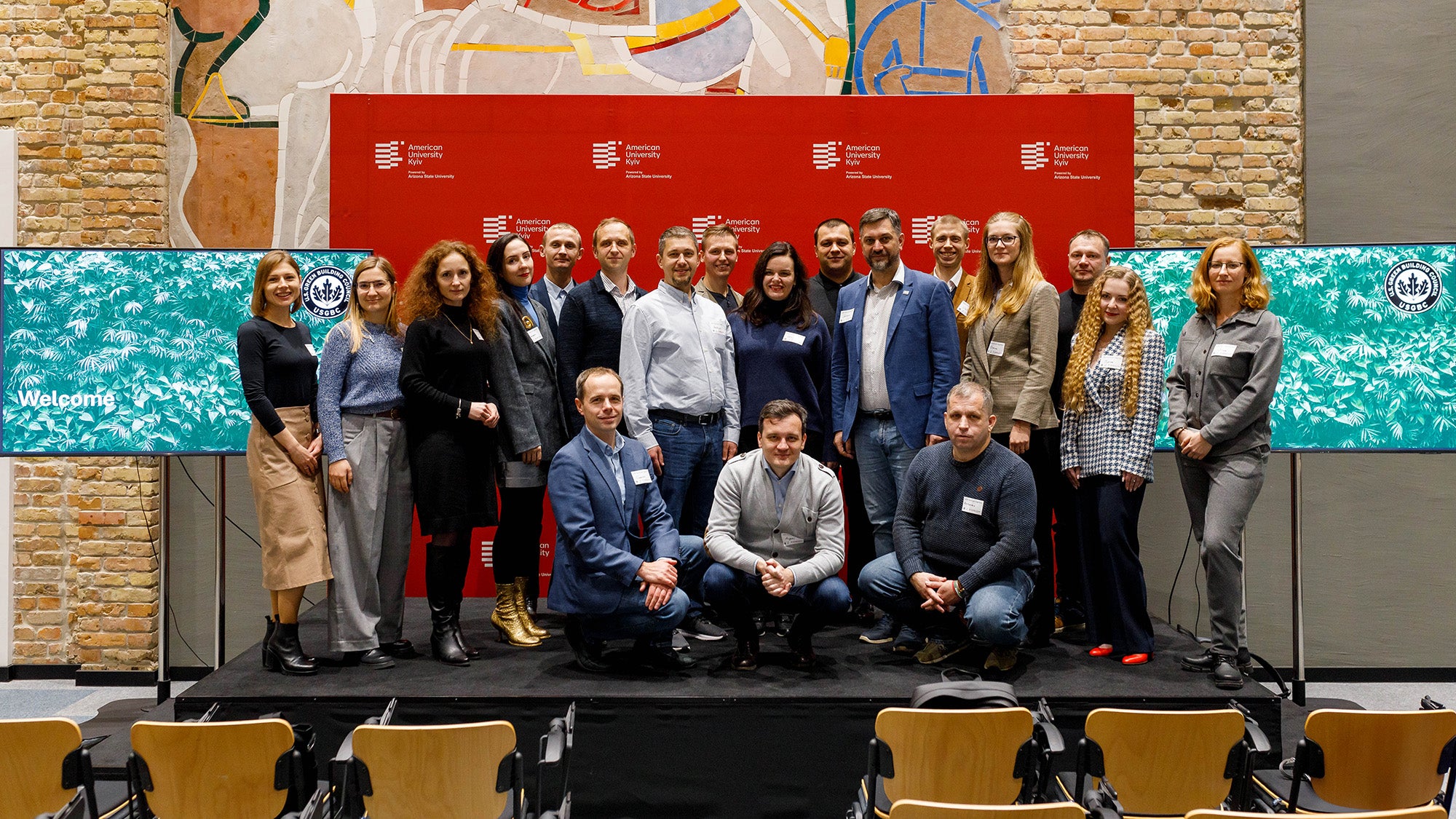At youth summit, activists give crash course in fighting climate change

August 5, 2022 – The way Ilana Cohen sees it, young people are in a unique position to speak out about the dangers of climate change—and to fight against it.
A climate journalist and Harvard College student, Cohen was one of more than 30 speakers at a weeklong summer course for high school students, held July 24-30, called the Harvard Chan C-CHANGE Youth Summit on Climate, Equity, and Health. Now in its second year, the course offered tangible strategies for taking climate action, skills in leadership, and advice on inspiring others to join in the fight for a healthier, more sustainable, and equitable future. The course drew 121 students from across the U.S. as well as Australia, Austria, Canada, China, Colombia, Hong Kong, Pakistan, and Spain.
The course was hosted by the Center for Climate, Health, and the Global Environment at Harvard T.H. Chan School of Public Health (Harvard Chan C-CHANGE) and Putney Pre-College, an initiative of Putney Student Travel.
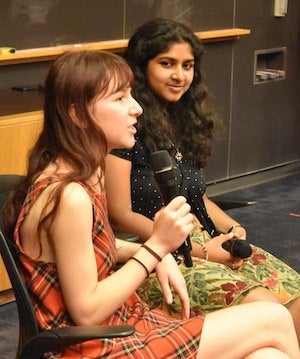
Cohen spoke July 28 at the Youth Keynote, along with Nadia Nazar, founder, co-executive director, and art director of Zero Hour, a youth-led climate organization. The event was held in a packed Kresge G1.
“Young people can see things with a very unique level of moral clarity,” said Cohen. “Being less embedded in a structurally unjust status quo, I think it’s easier, actually, at a younger age to be able to speak out. I think using our voices in a way that makes our moral clarity resonate with people who have much more formal authority and power than us is really important.”
Cohen and Nazar spoke about ways that young people can make their voices heard, from lobbying politicians to staging high-profile protests. Cohen, for example, recalled how she and other climate activists staged a mock oil spill outside Harvard’s Smith Center in 2019, an effort to convince the University to divest its investments in fossil fuels. She said the event “pushed us to have fun in the process and to also break outside of the bounds of what people expected activism to look like—which ultimately stirs up more conversation.”
Nazar and Cohen also acknowledged that trying to tackle climate change can sometimes feel overwhelming and exhausting.
“Burnout is real,” said Nazar. “I was really grateful to have parents who supported me, who’d drive me to D.C. for protests … or friends who’d catch me up on schoolwork. … But in high school I was not taking care of myself at all, just organizing into the nighttime, thinking it was okay to not sleep as much. … I didn’t spend as much time with my family and friends as I wish I had. Definitely taking care of yourself is so, so important.”
“It’s important to recognize that the climate crisis IS overwhelming,” noted Cohen. “It’s just deeply sad and outrageous that we live in a world of so much inaction on an issue that is not just existential but also the greatest elevation of every form of injustice and inequality we’ve ever seen. … I think it’s really important to grapple with that reality.”
Over the course of the week, the Youth Summit featured workshops, field-based activities, and meetings with scientists, health and policy experts, academics, energy innovators, and climate activists.
Aaron Bernstein, interim director of C-CHANGE, opened the Summit on July 25 with a talk titled “Climate & Health 101,” featuring information on how climate change impacts health (“in every possible way”) and health equity. Later that day, Howard Koh, Harvey V. Fineberg Professor of the Practice of Public Health Leadership, discussed strategies for fighting climate change, the importance of communicating clearly about how climate change harms human health, and everyday steps young people can take to mitigate climate change, such as eating less meat and dairy, cutting back on flying and driving, and reducing energy use.
Other Harvard Chan experts featured at the Summit included Marcia Castro, Andelot Professor of Demography; Grace Chan, associate professor in the Department of Epidemiology; Caleb Dresser, climate and human health fellow, Harvard Chan C-CHANGE; Tamarra James-Todd, Mark and Catherine Winkler Associate Professor of Environmental Reproductive Epidemiology; Natalia Linos, executive director, FXB Center for Health & Human Rights at Harvard University; and Amanda Yarnell, senior director, Center for Health Communication.
Sabrina Guo, 16, came from her home in Long Island, New York, to attend the summit. She was gratified to see so many young people come together to address climate change, and said she found the summit extremely valuable. “I really learned how to further use all the resources around me and to grasp opportunities to lead and collaborate with other youth in making sure that our voices matter,” she said.
photos: Ella Niederhelman

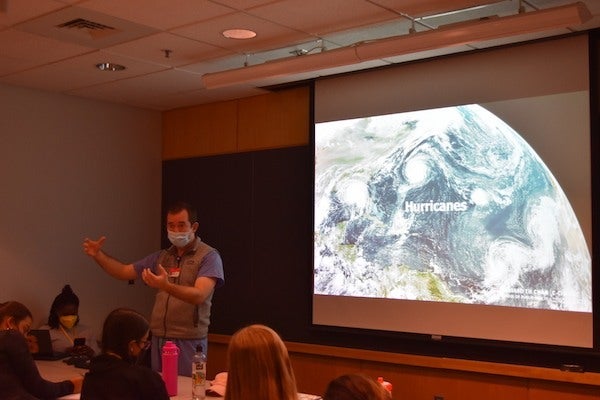
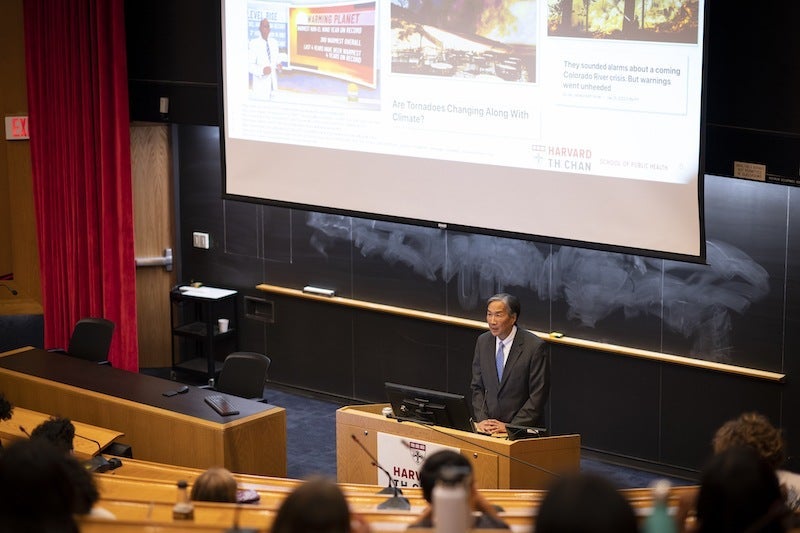

Read a Harvard Chan C-CHANGE article: Harvard Chan C-CHANGE youth summit empowers next generation of climate, health leaders
